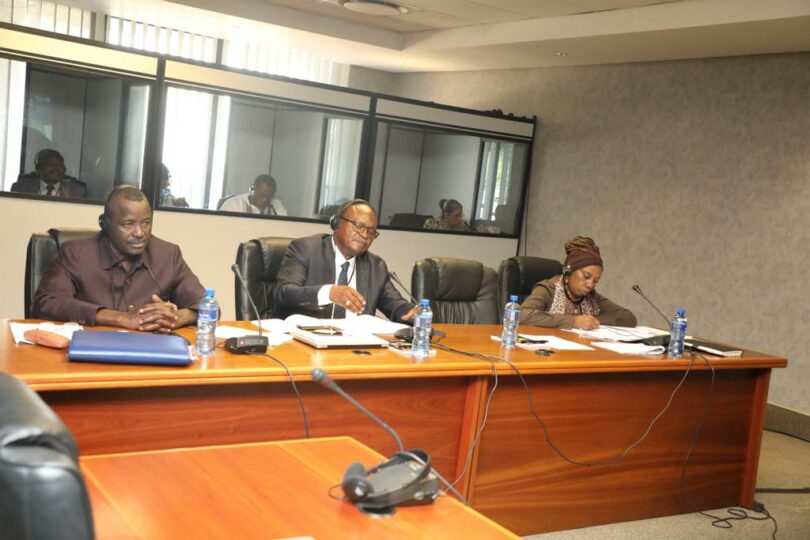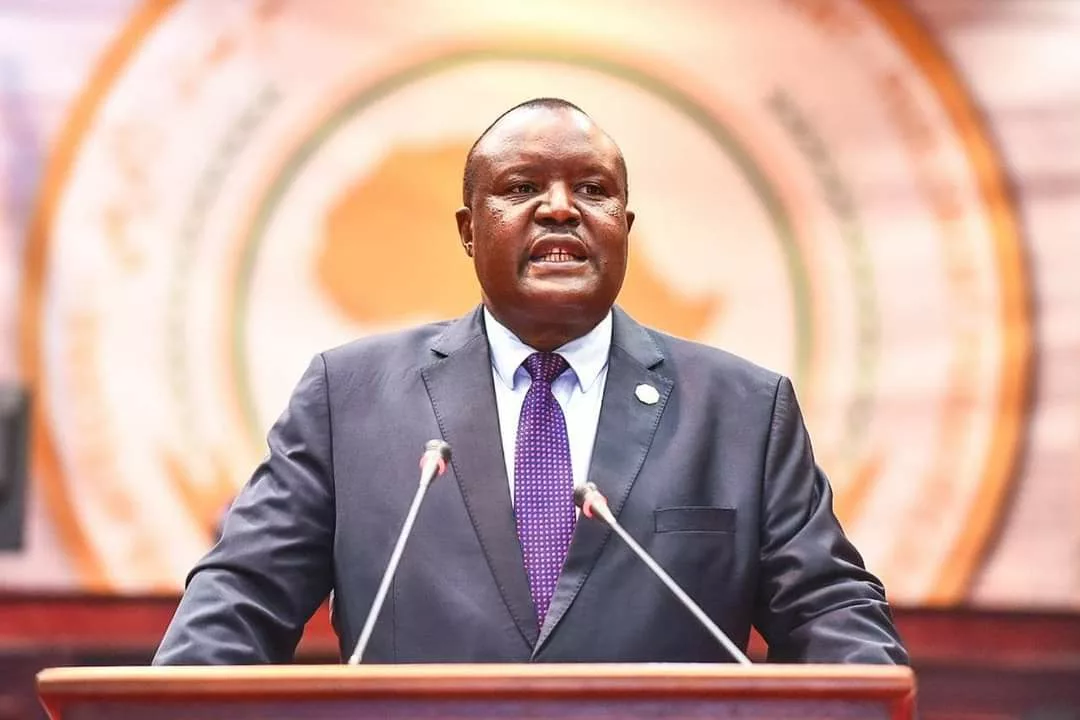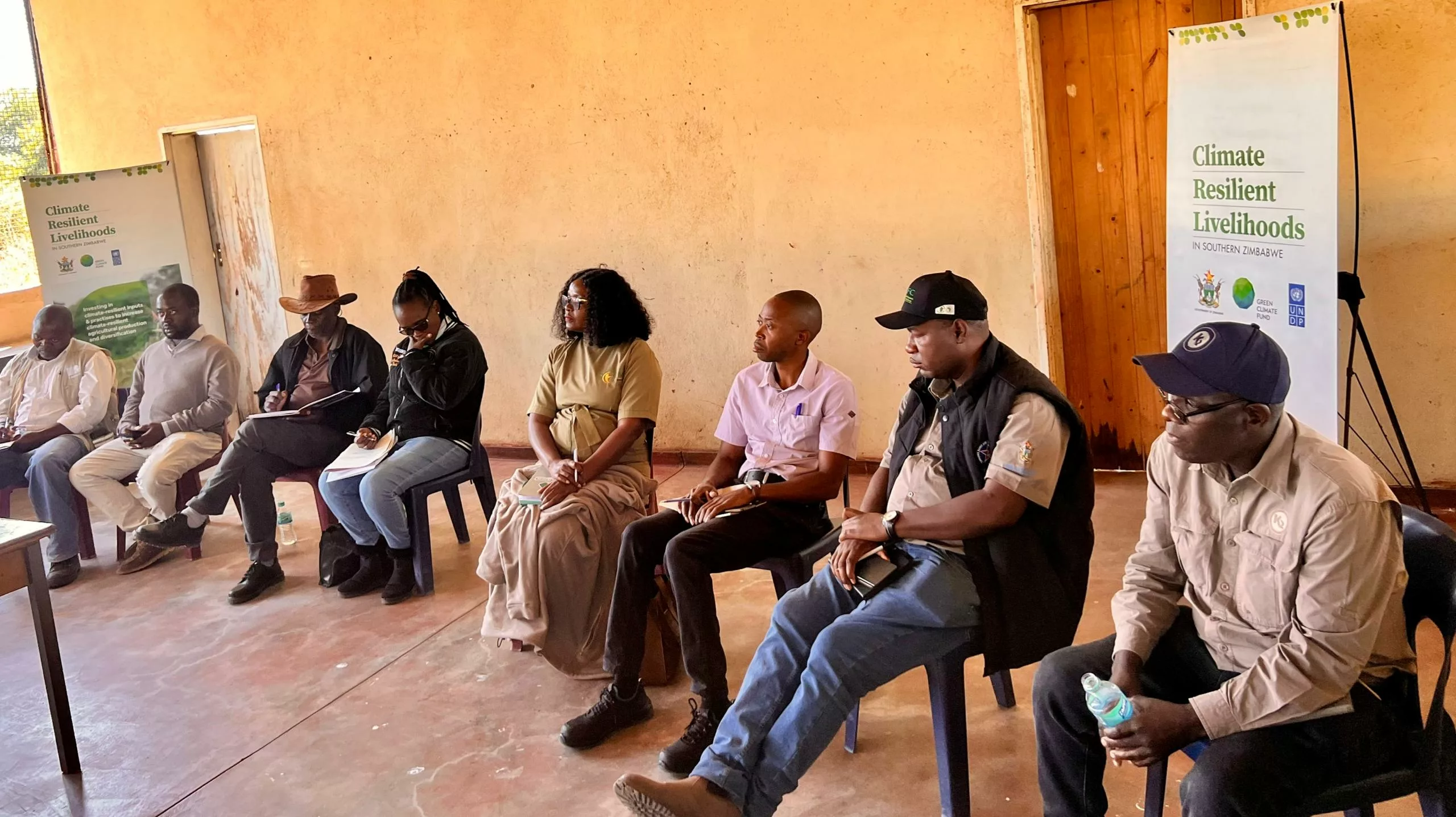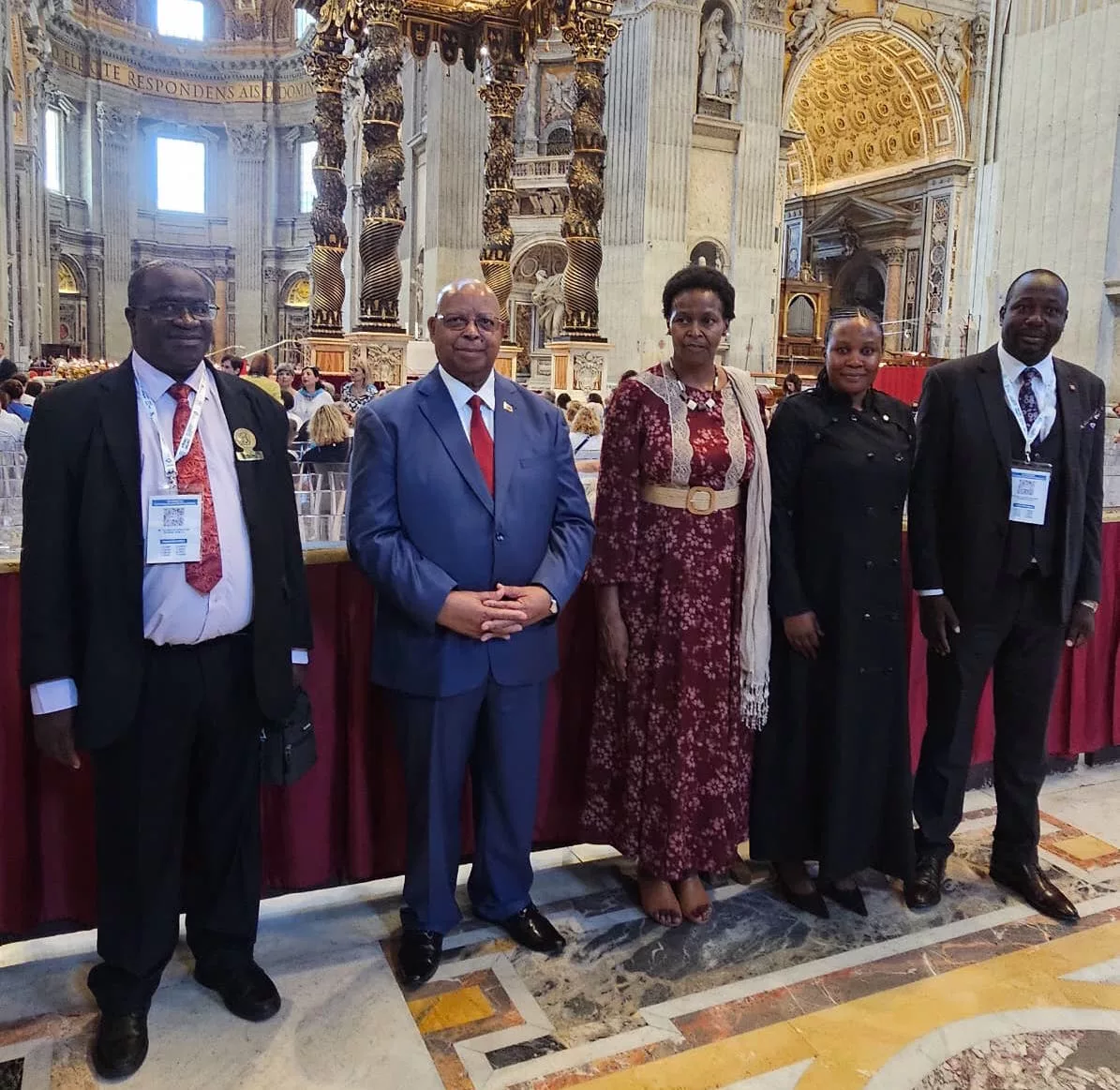|
Getting your Trinity Audio player ready...
|
The Pan African Parliament (PAP)’s Committee on Rural Economy, Agriculture, Natural Resources and Environment yesterday held deliberations on contributions from stakeholders on coming up with a model law on soil management.
Hon Didier Molisho Sadi led the deliberations at the PAP Precincts in Midrand, South Africa where the legislative body is holding its Permanent Committee Sittings from 6 March to 17 March 2023.
Driving the process is Global Soil Partnership which was established in 2012 as a mechanism to develop a strong partnership and enhance collaboration among all stakeholders.
It has a common objective of improving soil governance and promoting sustainable soil management among its 7 regional soil partnerships and has over 500 partners worldwide and more than 160 focal points appointed directly by FAO Members. Global Soil Partnership has experts who contribute through technical networks and working groups.
It drives key actions focused on policy advocacy; technical tools; implementation of sustainable soil management practices at the field level.
To Enhance soil governance, it identifies all needs, pressures, and solutions to address soil degradation. It is working on
breaking silos and addressing food systems systematically and holistically.
“We are informed that the organisation develops legal guides with key principles to enhance soil health and promote sustainable soil management to be included in more broad policies and regulations,” Hon Sadi said.
Soil as a natural resource is thus not explicitly and sufficiently integrated into most African legislation. There is no dedicated, comprehensive, and coherent soil policy in place at regional or national levels which could inform the law. No comprehensive soil protection law has been issued and soil-relevant provisions are very much fragmented. They are usually only embedded within the environmental, agricultural, and water regulations/policies.
The incentives to the private sector for the provision of sustainable soil management services are non-existent or inadequate. Land ownership and tenure rights are not properly addressed.
To this end, the FAO has proposals for a model law on sustainable soil management. The law should initially start by providing clear concepts and a common language. There is a need to integrate gender and land tenure perspectives into soil governance mechanisms.
FAO is encouraging the development of laws and policies based on soil information and data, adopting new technologies for soil
analysis, mapping, and monitoring that reduce costs and time. There is a call to ensure that there is an integration of all actors, from academia to small farmers and communities, mechanisms such as the Global Soil Partnership favor this exchange.
There should be a focus on ecosystem services to ensure coherence of actions and better coordination with other pieces of legislation. Sustainable soil management practices should be at the center.
Stakeholders are encouraged to strengthen national and regional soil institutions to ensure coordination between the different regulatory frameworks, initiatives, and actions in soil conservation. This should include awareness raising as a pillar of the model law to facilitate domestication, acceptance, and implementation.
With the development of this model law in a participatory manner, Africa can become an example for the world.
The legislators took advantage of the webinar platform to disseminate and share experiences in a multidisciplinary environment to ensure that the nexus between soils and other key aspects of sustainable development are addressed.
There should be coordination between the Model Soil Law and the Action Plan for Soil Health and Fertilizer in Africa and the Soil Initiative in Africa, to be presented and discussed in June 2023 at the AU’s African Summit on Fertilizers and Soil Health.
There were calls for coordination among the 4 model laws under preparation by PAP: gender, climate change, and cooperatives. The mobilization of additional resources to support the process and facilitate a proper transparent and participatory process is pertinent.






